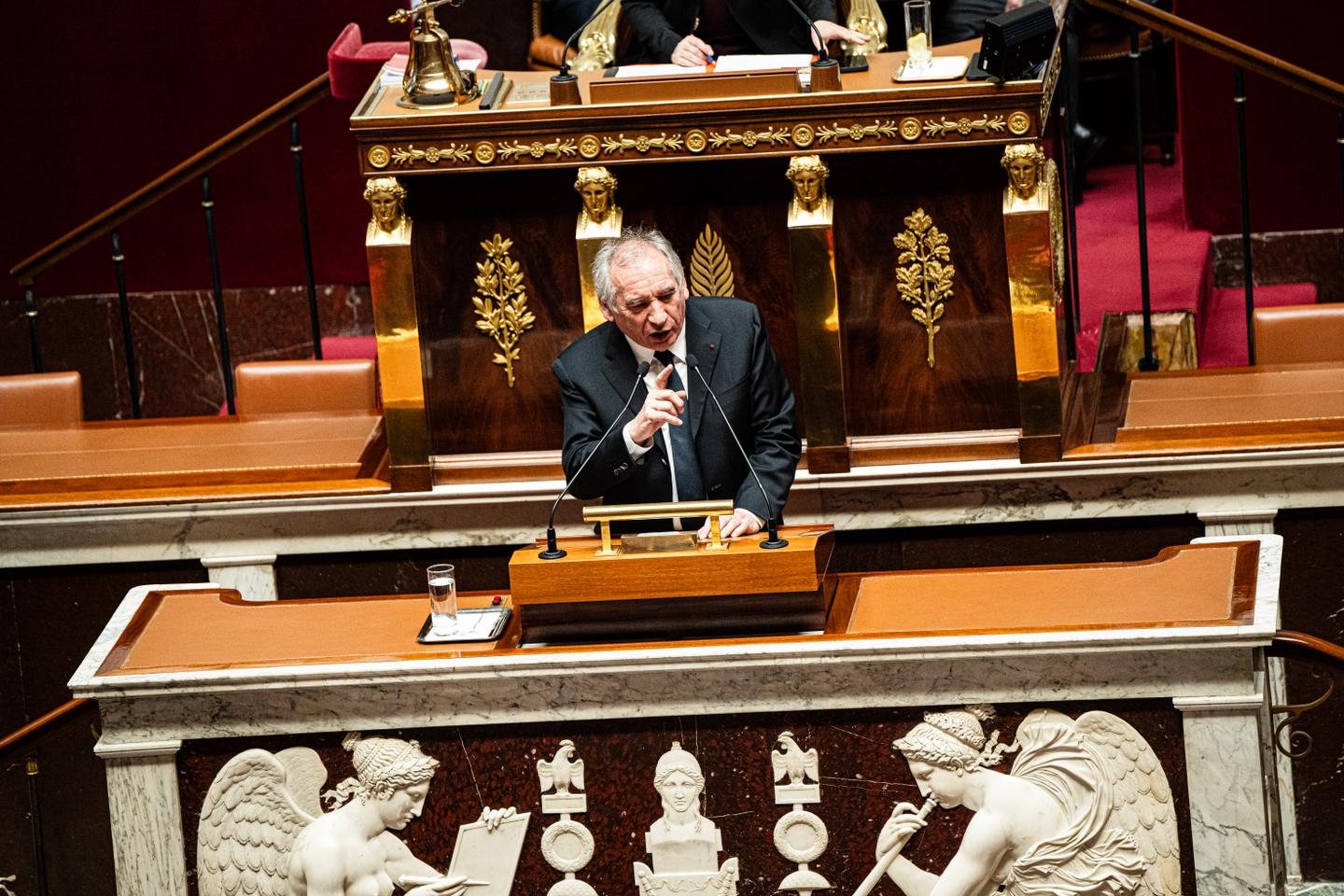The French parliament on Thursday finally adopted the state’s 2025 budget following a tumultuous months-long process that saw the previous government toppled and the current administration survive multiple no confidence votes.
The Sénat, dominated by the right and center-right, approved the budget with 219 votes for and 107 against. Prime Minister François Bayrou forced the legislation through the lower house Assemblée Nationale earlier this week without a vote but then defeated ensuing no confidence votes.
The standoff over the budget forced the end of the short-lived government of Michel Barnier last year but Bayrou, a veteran centrist appointed by President Emmanuel Macron to end months of political crisis, has avoided a similar fate so far.
Finance Minister Eric Lombard, speaking in the Sénat, hailed the adoption of what he described as a budget for “financial recovery” which seeks to reduce the public deficit to 5.4% of GDP in 2025.
This will be achieved via “an unprecedented effort” of €30 billion ($31 billion) in savings and €20 billion “in tax increases proportional to each person’s ability to contribute,” he said.
Bayrou’s government has survived because the opposition far-right Rassemblement National (RN) and the Parti Socialiste (PS) did not back Wednesday’s no confidence motions brought by the hard-left La France Insoumise (LFI), despite opposing the budget.
The social security budget is now set to pass in a similar fashion, with the government again set to employ Article 49.3 of the constitution which allows it to push through legislation without a vote in the Assemblée Nationale.
Analysts say that while Bayrou has now won breathing space, his position remains shaky and he still risks being tripped up later in the year by more no confidence motions that could be backed by the RN and PS.
